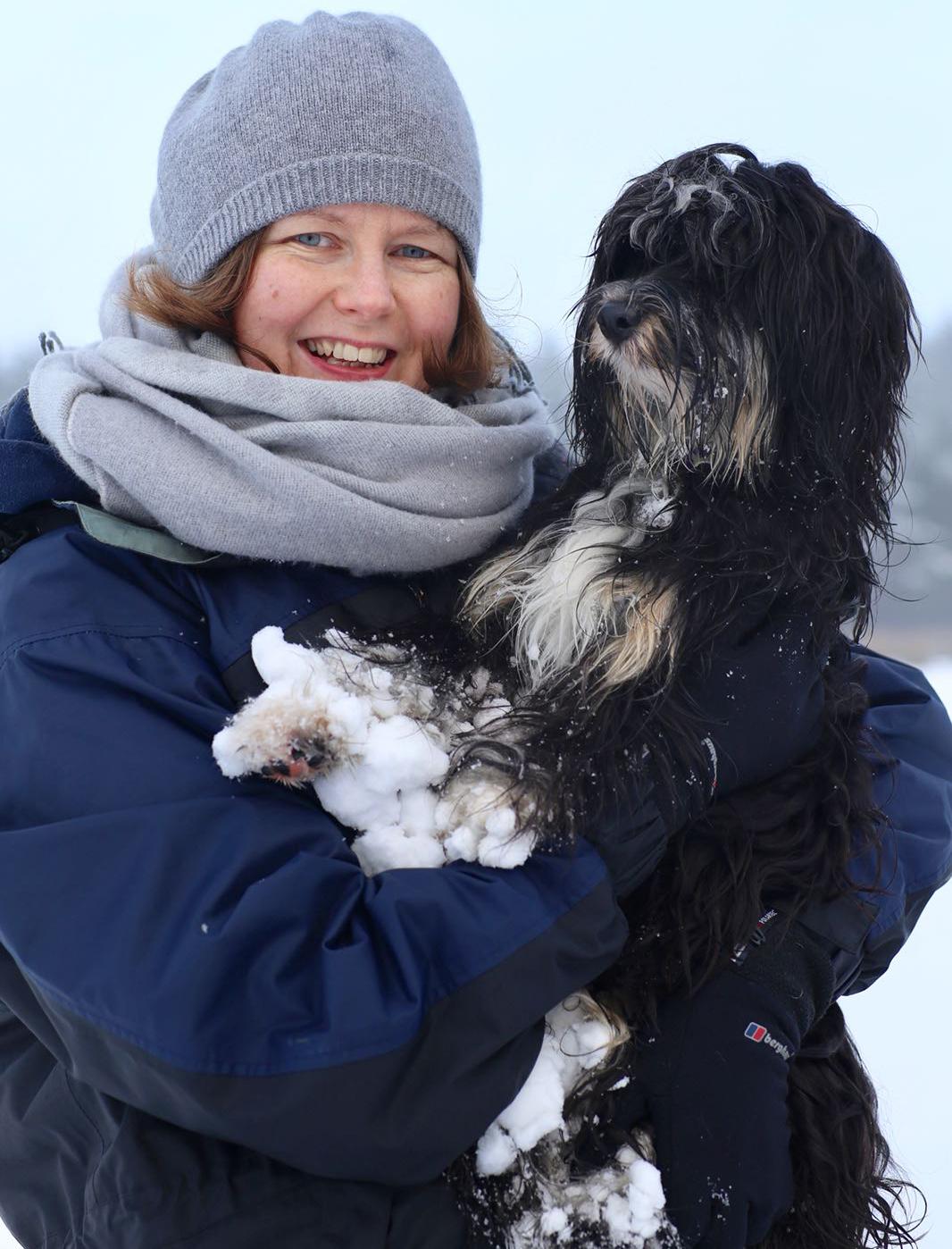ABSTRACT: Newly qualified veterinary nurses can often feel intimidated making the move from student to registered veterinary nurse. New responsibilities, losing the supervision of colleagues and stepping out into unfamiliar territory can increase stress levels and undermine confidence. New nurses can take control and smooth this transition period by following a few strategies such as asking for help, finding a mentor and reflecting on the work they have done. Being familiar with the Code of Professional Conduct will identify the responsibilities of veterinary nurses including the awareness of their own area of competence and adding to their knowledge base is important. Whilst this can be a challenging time for newly qualified nurses, it is an exciting phase of the veterinary nursing career.
Author
Helen Ballantyne PG Dip BSc (Hons) RN RVN

After graduating with a degree in Pharmacology in 2002, Helen qualified as an RVN in 2005. She began a nine year stint as a locum nurse working nationally and internationally. During this time she spent five years on BVNA council in a variety of roles, culminating in her being awarded honorary membership in 2016. Helen obtained a Post Graduate Diploma in Adult Nursing Studies in 2013. In her current role as a Transplant Coordinator she supports living kidney donors through the process of donation and organises transplant surgeries.
Helen remains a Registered Veterinary Nurse and has developed a strong interest in the principles of One Health. Her first textbook, Veterinary Nursing Care Plans: Theory and Practice was published in 2018. She is currently working on an MSc in Healthcare Management.
Email: helen_ballantyne@yahoo.com
Keywords: student nurse; transition; qualified nurse; reflective practice; mentors;
time management; emotional intelligence
To cite this article: Veterinary Nursing Journal • VOL 35 (05) • May 2020 pp133-136
To gain access to this article, select one of the links below:
